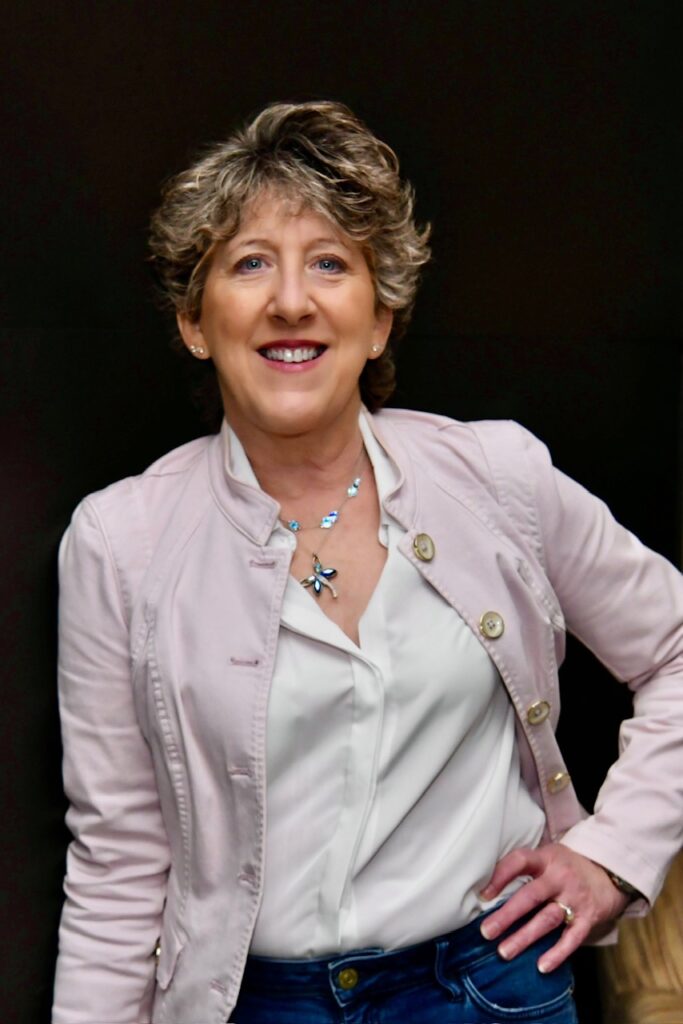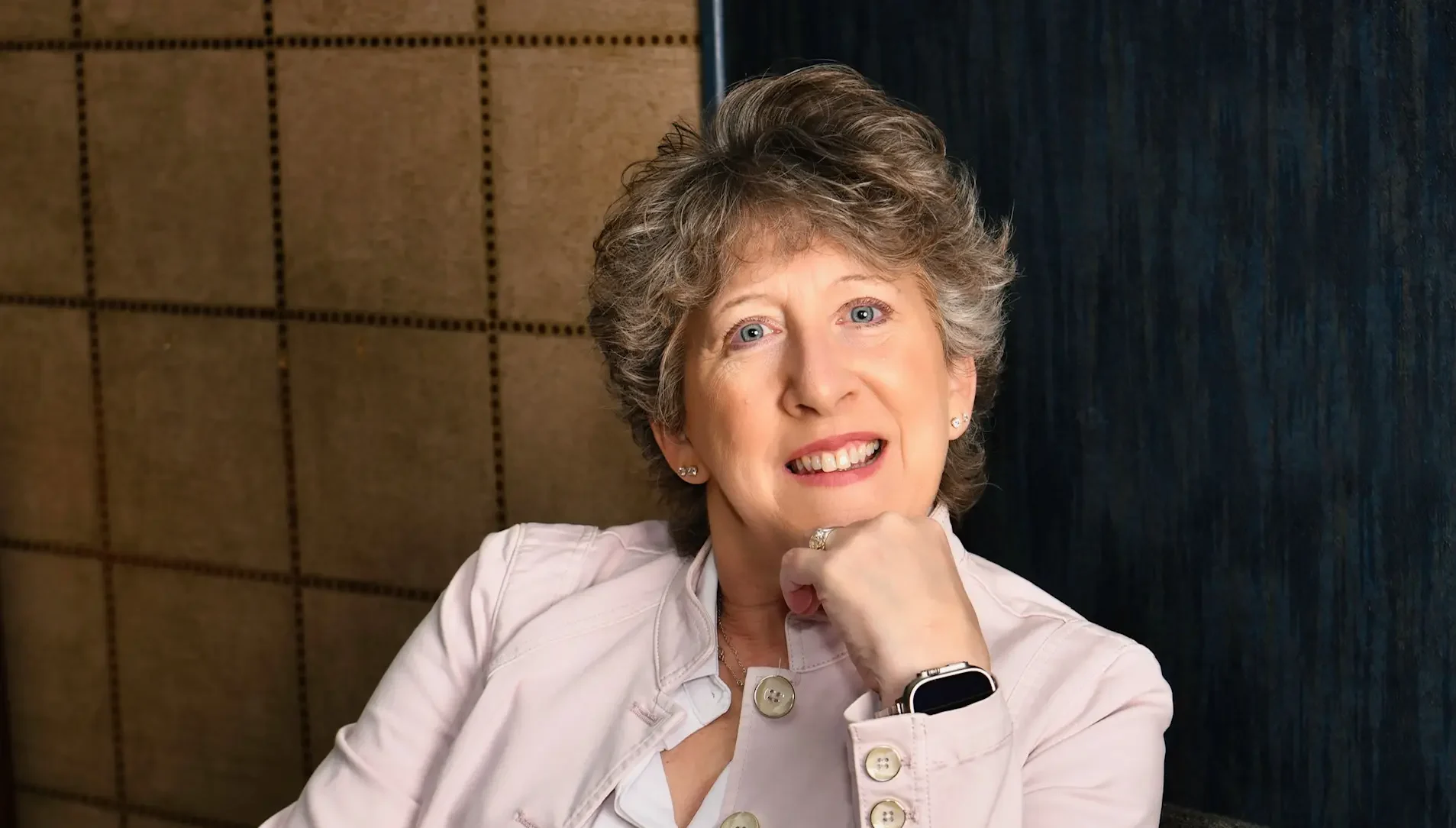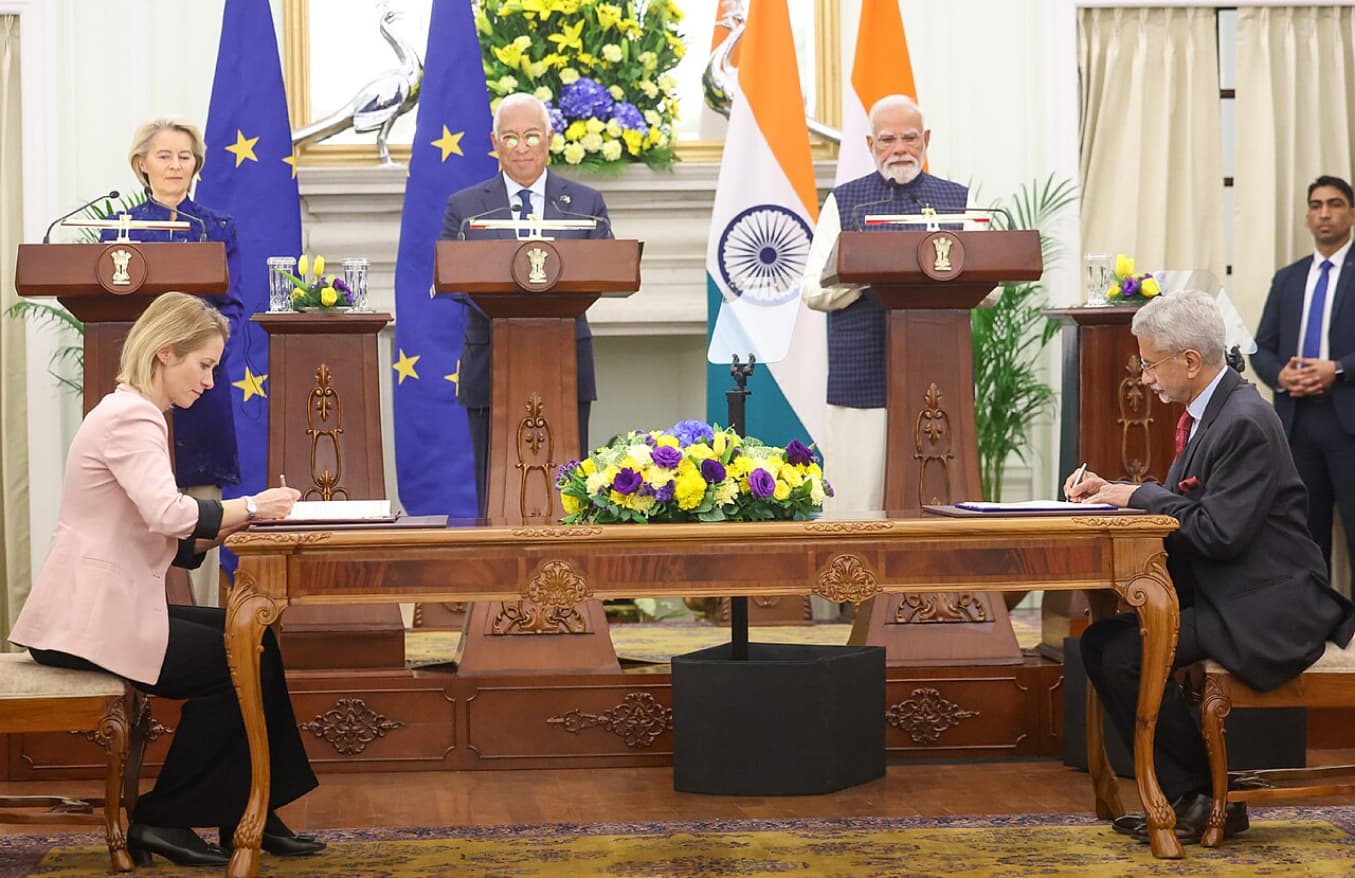In an era when healthcare faces unprecedented challenges, few leaders have mastered the delicate balance of operational excellence and human-centered care quite like Dr. Carolyn Rubin. As Owner of Carolyn M Rubin Consulting, Rubin has pioneered an approach to healthcare leadership that transcends traditional metrics—one that places empathy and servant leadership at the heart of organizational transformation. This month’s cover story explores how her 33-year journey in healthcare shaped a visionary who is revolutionizing how healthcare organizations approach leadership, and examines the philosophy behind her success in creating sustainable change.
A Career Born of Compassion and Purpose
Dr. Carolyn Rubin’s journey begins with a fundamental human desire: to make a tangible difference in people’s lives. What started as an attraction to the intersection of science and service has evolved into a storied 33-year career dedicated to transforming healthcare organizations from the inside out.
“My inspiration stemmed from a deep desire to make a tangible difference in people’s lives,” Rubin reflects. “Witnessing the profound impact of compassionate care solidified my commitment.” This foundational motivation—putting people at the center of healthcare—has remained constant even as her career evolved from direct care to leadership roles of increasing responsibility.
For Rubin, healthcare was never merely about clinical outcomes. From her earliest professional endeavors, she viewed healthcare as a vehicle for human connection, dignity, and transformation. This philosophy eventually crystallized in her founding of Carolyn M Rubin Consulting in 2018, where as Owner, she has pioneered approaches to healthcare transformation that honor both operational excellence and the human element of care.
Empathy: The Essential Leadership Foundation
At the core of Rubin’s methodology lies a research-backed approach that positions empathy not as an optional soft skill but as a fundamental leadership imperative driving measurable organizational success.
“Empathy,” Rubin states definitively when asked about the most crucial trait for healthcare leaders. “Healthcare is inherently about people. A leader must have genuine empathy to understand and address the needs of patients, staff, and stakeholders. Empathy builds trust, fosters collaboration, and drives compassionate care.”
Research supports Rubin’s assertion. Studies published in Harvard Business Review demonstrate that organizations with empathetic leadership show higher employee engagement, reduced turnover, and improved patient satisfaction scores. The Press Ganey Institute’s 2023 “Compassion Drives Outcomes” report found that healthcare organizations with cultures of empathy are 32% more likely to outperform competitors in patient experience metrics—translating to significant improvements in both clinical outcomes and financial performance.
Rubin’s approach represents a departure from traditional healthcare leadership models. Where others focus exclusively on metrics and market share, Rubin has developed a framework that integrates empathy across four key organizational areas:
- Organizational Culture: Creating environments where staff feel valued, heard, and empowered to deliver their best work
- Patient Experience: Ensuring that every touchpoint in the patient journey is designed with compassion and dignity at its core
- Operational Excellence: Implementing systems that remove friction points for both staff and patients
- Leadership Development: Cultivating leaders who understand that technical expertise must be balanced with emotional intelligence
This integrated approach has yielded tangible results. Under Rubin’s guidance, healthcare organizations have reduced staff turnover, improved patient satisfaction scores, and enhanced operational efficiency—demonstrating that empathy and effectiveness are not competing priorities but complementary forces.
The Evolution of Healthcare Leadership
Rubin’s leadership journey mirrors the broader evolution of healthcare itself. With over three decades in the field, she has witnessed—and helped drive—transformative change in how care is delivered and organizations are led.
“The most significant changes revolve around technology, data, and the shift towards value-based care,” Rubin observes. “We have moved from paper charts to electronic health records, from fragmented care to integrated systems. The emphasis has shifted from volume to value, with a growing focus on patient experience and outcomes.”
As healthcare has evolved, so has Rubin’s leadership style. “Initially, I was more direct,” she acknowledges. “However, I have learned the power of collaboration and empowerment. My style has evolved into a more facilitative and servant-leadership approach. I prioritize listening, mentoring, and creating a culture where everyone feels valued and empowered to contribute.”
This evolution reflects Rubin’s sophisticated understanding of what leadership means in today’s complex healthcare environment. Her model moves beyond traditional command-and-control approaches to embrace a more nuanced, people-centered form of influence—one particularly suited to the challenges facing healthcare organizations.
For Rubin, effective leadership in healthcare rests on several foundational principles:
- Active Listening: Ensuring that all voices—from front-line staff to executive leadership—are genuinely heard and valued
- Clear Vision: Articulating a compelling direction that connects daily work to deeper purpose
- Team Empowerment: Giving people autonomy and trust while providing necessary resources and support
- Continuous Development: Creating pathways for growth and learning at all organizational levels
- Transparent Communication: Building trust through honest, open dialogue, especially during challenging times
“I set clear expectations, provide the necessary resources and support, and then step back and let them do their best work,” Rubin explains about her approach to team empowerment. “I celebrate their successes and provide constructive feedback for growth. I create a culture where taking initiative is encouraged and rewarded.”
Case Study: Transformational Change in Action
The effectiveness of Rubin’s methodology is clearly demonstrated in her work with a large healthcare system struggling with patient flow and excessive wait times—issues that were negatively impacting both patient satisfaction and staff morale.
Before Implementation:
- Average emergency department wait times: 76 minutes
- Patient satisfaction scores: 62nd percentile nationally
- Staff turnover in affected departments: 27% annually
- Interdepartmental communication rated “poor” or “very poor” by 58% of staff
After 12 Months of Implementation:
- Average emergency department wait times reduced to 53 minutes (30% improvement)
- Patient satisfaction scores rose to 84th percentile nationally
- Staff turnover reduced to 18% annually
- Interdepartmental communication rated “good” or “excellent” by 73% of staff
This transformation showcases the tangible impact of Rubin’s integrated approach, resulting in improved operational efficiency, enhanced patient experience, and a more engaged workforce. What distinguishes this success story is not just the impressive metrics but the sustainable nature of the change—a hallmark of Rubin’s work.
The Science of Sustainable Transformation
For Rubin, creating lasting change is the ultimate measure of success. Her approach to healthcare transformation reflects an understanding that sustainable improvement requires more than strategic plans—it demands a thoughtful methodology rooted in organizational culture and human behavior.
“Sustainability requires a focus on culture, processes, and leadership,” Rubin explains. This philosophy manifests in five key practices that define her organization’s approach to transformation:
- Thorough Assessment: Rather than imposing external solutions, Rubin’s team begins with deep organizational diagnostics to understand existing culture, challenges, and untapped potential.
- Customized Implementation: Each transformation plan is tailored to the organization’s unique context, values, and objectives—acknowledging that no two healthcare systems are identical.
- Leadership Development: By building internal capability, Rubin ensures organizations don’t become dependent on external consultants but develop self-sustaining excellence.
- Change Management: Resistance to change is addressed proactively through stakeholder engagement, transparent communication, and a focus on the ‘why’ behind initiatives.
- Measurement Systems: Establishing robust metrics allows organizations to track progress, celebrate wins, and make data-driven adjustments as needed.

“The ultimate measure of success isn’t how quickly an initiative takes off but how far it carries the people and organizations it was designed to serve,” reflects Rubin on her philosophy of sustainable change.
The Carolyn M Rubin Consulting Process
Rubin’s transformation process follows a clear, replicable methodology proven successful across diverse healthcare contexts:
- Comprehensive Assessment: A proprietary evaluation tool measures existing culture, leadership effectiveness, and operational efficiency. This establishes baseline metrics for tracking transformation progress.
- Strategic Planning: Collaborative sessions bring together key stakeholders to create shared vision, establish accountability frameworks, and develop implementation strategies aligned with organizational values.
- Capability Building: Targeted training programs develop necessary skills at all organizational levels, with emphasis on both technical expertise and emotional intelligence.
- Implementation Support: Hands-on guidance ensures initiatives move from concept to reality with minimal disruption to ongoing operations.
- Monitoring and Refinement: Regular progress reviews allow for real-time adjustments and ensure momentum is maintained throughout the transformation journey.
- Sustainability Planning: Systems, processes, and leadership practices are redesigned to reinforce desired changes, with specific attention to building internal capacity for ongoing improvement.
This structured approach has resulted in consistently positive outcomes for Rubin’s clients—significantly outperforming industry averages for sustainability of organizational change initiatives.
Navigating Complex Challenges in Modern Healthcare
Through her consulting work, Rubin has developed a sophisticated understanding of the most pressing challenges facing healthcare organizations today—and how to address them effectively.
“Significant inefficiencies include fragmented care coordination, administrative burdens, and a lack of data-driven decision-making,” Rubin notes. “Organizations can overcome these by implementing integrated care models, streamlining administrative processes, and using data analytics to improve operational efficiency and patient outcomes.”
When leading transformational initiatives, Rubin recognizes that different stakeholders—clinical staff, administrative teams, leadership, and patients—often have competing priorities and perspectives. Rather than imposing top-down solutions, she focuses on creating alignment through shared purpose.
“Alignment requires clear communication, stakeholder engagement, and a focus on the ‘why’ behind the change,” Rubin explains. “I work to create a shared understanding of the organization’s vision and how it benefits both staff and patients. I facilitate open dialogue, address concerns, and celebrate successes to build momentum and foster buy-in.”
This approach reflects Rubin’s commitment to servant leadership as a foundation for effective healthcare transformation. By meeting people where they are and connecting change initiatives to core values of patient care and staff wellbeing, she creates momentum that transcends departmental boundaries and professional silos.
From Internal Leadership to Broader Impact
After decades of leadership within healthcare organizations, Rubin made the pivotal decision to launch her own consulting firm in 2018—a move driven by her desire to create broader impact across the healthcare ecosystem.
“I wanted to leverage my experience and expertise to make a broader impact on the healthcare industry,” Rubin explains. “I saw a need for practical, results-oriented consulting that helps organizations navigate complex challenges and achieve sustainable improvements.”
Carolyn M Rubin Consulting specializes in leadership development, operational improvement, change management, and strategic planning. What distinguishes the firm is its hands-on, customized approach that builds internal capacity rather than creating dependency.
“We specialize in leadership development, operational improvement, change management, and strategic planning,” Rubin shares. “We stand out by providing customized, hands-on support that is tailored to the unique needs of each client. We focus on building internal capabilities and driving sustainable results.”
This philosophy has positioned Rubin’s firm as a trusted partner for healthcare organizations navigating the complex challenges of modern healthcare delivery—from shifting reimbursement models to evolving consumer expectations.
EmpowerFuse: Expanding the Vision
As her consulting practice has grown, Rubin has expanded her impact through the creation of EmpowerFuse—a platform dedicated to transformative healthcare leadership development.
“EmpowerFuse, a platform led by Dr. Carolyn Rubin, embodies my vision for transformative healthcare leadership,” she explains. “Through compelling conversations and insights, EmpowerFuse highlights the importance of innovation, compassion, and resilience in driving meaningful change.”
The platform serves as a complementary force to her consulting work, creating a community of practice where healthcare leaders can access resources, share experiences, and develop new capabilities. Through podcasts, workshops, and thought leadership, EmpowerFuse extends Rubin’s influence beyond direct client engagements to shape the broader conversation about healthcare leadership.
The Future of Healthcare Leadership
Looking ahead, Rubin sees both challenges and opportunities for healthcare organizations and the leaders who guide them. In her vision, the most successful healthcare organizations will be those that effectively balance technological advancement with human connection.
“The biggest opportunity lies in enhancing care coordination and addressing social determinants of health,” Rubin observes. “By integrating care across different settings and addressing the social factors that impact health, we can improve patient outcomes and reduce healthcare disparities.”
For leaders navigating this landscape, Rubin emphasizes the importance of adaptability, emotional intelligence, and a commitment to continuous learning. The pace of change in healthcare is accelerating, requiring leaders who can guide their organizations through ambiguity while maintaining a clear focus on patient-centered care.
“My vision is to be a trusted partner for healthcare organizations seeking to achieve sustainable improvements and enhance patient care,” Rubin shares. “We will continue to develop our services to meet the changing needs of the industry, with a focus on innovation and data-driven solutions.”
The Legacy of a Compassionate Catalyst
As Owner of Carolyn M Rubin Consulting and creator of EmpowerFuse, Dr. Carolyn Rubin has created a legacy that extends far beyond traditional healthcare metrics. Her vision of healthcare leadership as a force for compassionate, sustainable transformation represents a strategic reimagining of organizational excellence for the 21st century.
Through her work empowering healthcare leaders, transforming organizations, and advancing a more human-centered model of healthcare delivery, Rubin embodies a new paradigm of leadership. She balances operational excellence with empathy, strategic thinking with authentic connection, and innovation with timeless values of service.
In a healthcare landscape increasingly defined by complexity and change, Rubin’s approach offers a compelling alternative: leadership as a catalyst for healing, a bridge between diverse stakeholders, and a vehicle for positive impact. Her story reminds us that true success in healthcare isn’t measured in metrics alone, but in lives improved and organizations transformed.
As healthcare continues to navigate the challenges of technological disruption, demographic shifts, and evolving consumer expectations, leaders would do well to consider Rubin’s central insight: lasting excellence comes not from imposing rigid systems, but from cultivating empathetic, adaptable organizations where both patients and staff can thrive.
Taking Action: Embracing Servant Leadership Today
In today’s challenging healthcare environment, servant leadership has become an organizational imperative. Healthcare organizations without empathetic, people-centered leadership face significant risks:
- Higher staff burnout and turnover
- Diminished patient experience scores
- Reduced clinical quality outcomes
- Limited ability to adapt to industry disruption
The leaders of tomorrow are those who act today—who recognize servant leadership not as an optional approach but as a fundamental driver of organizational performance, staff engagement, and patient satisfaction.
The time for compassionate, transformative healthcare leadership is now.






